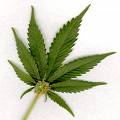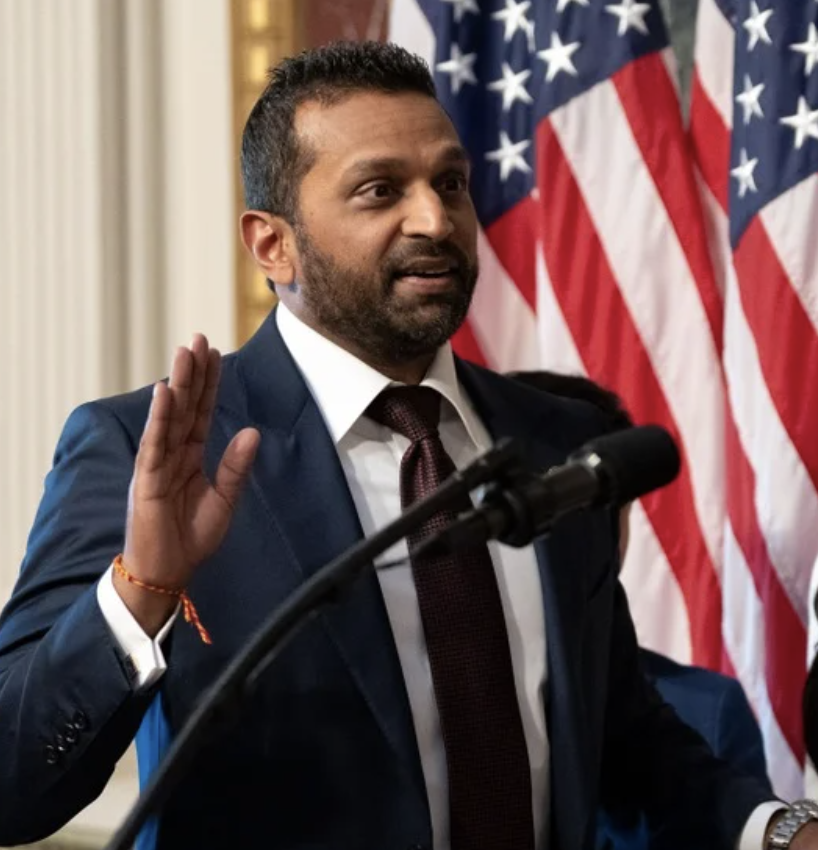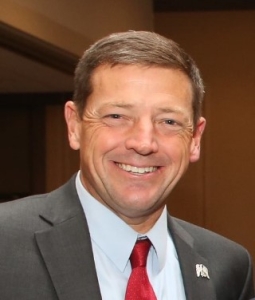 By Ross Parker
ticklethewire.com
By Ross Parker
ticklethewire.com
As the war of words heats up on the trend toward legalization of marijuana, two medical societies have issued their positions on the subject, particularly as it relates to the effect of the drug on teen agers.
As reported earlier, some medical studies have shown negative neurological effects of regular marijuana use on developing brains, particularly the high THC potency available in today’s market. A recent University of Michigan survey found a moderate increase of marijuana use by kids in the nation’s schools, as well as a strong downward trend in their perception that marijuana can be dangerous. The study also reported that one of the sources for one-third of the 12th graders who use pot was from adults who had a medical marijuana prescription.
Among the medical groups that are expressing concern over these developments and others are the American Society of Addiction Medicine (ASAM) and the American College of Emergency Physicians (ACEP).
Using NIDA studies ASAM indicated that the addiction rate for youth who use pot is 17%, almost triple that of adults. It also puts the number at 25-50% for those who use the drug on a daily basis. The Society opposes both the “medicalization” of marijuana and the legalization for recreational use.
The ASAM plans to discuss these and other related issues at a Medical and Scientific Conference, April 10-13 in Orlando.
The ACEP issued a recent report that states which have decriminalized marijuana have had a dramatic increase in the need for medical intervention for children. Likewise the call rate to poison centers has increased 30% in those states compared to no increase in states where there are no legalization laws.
The College is especially concerned about the dangers posed to children by marijuana edible products such as cookies and chocolates. Such products are attractive to children and can be eaten with no regard to the effects, especially of high dose products. ACEP has called for child-resistant packaging, warning labels and public education.




